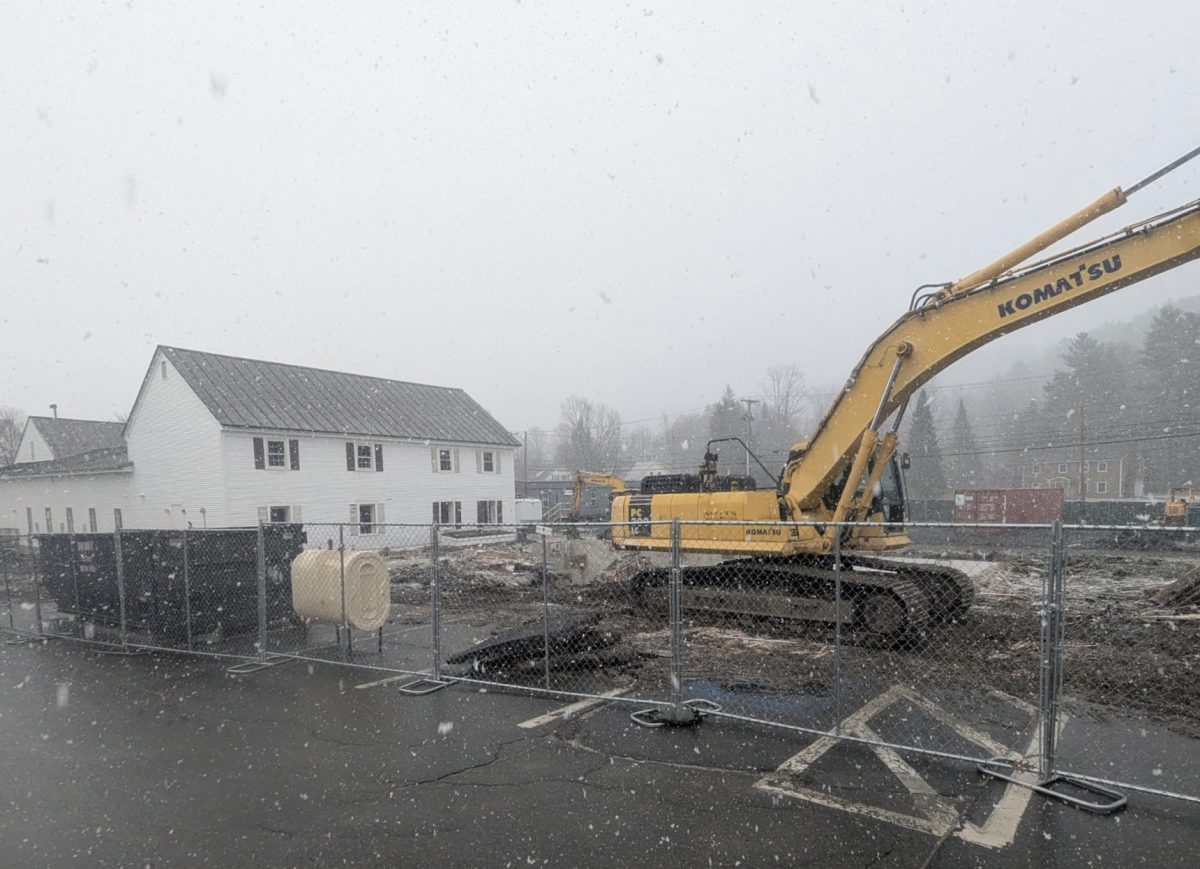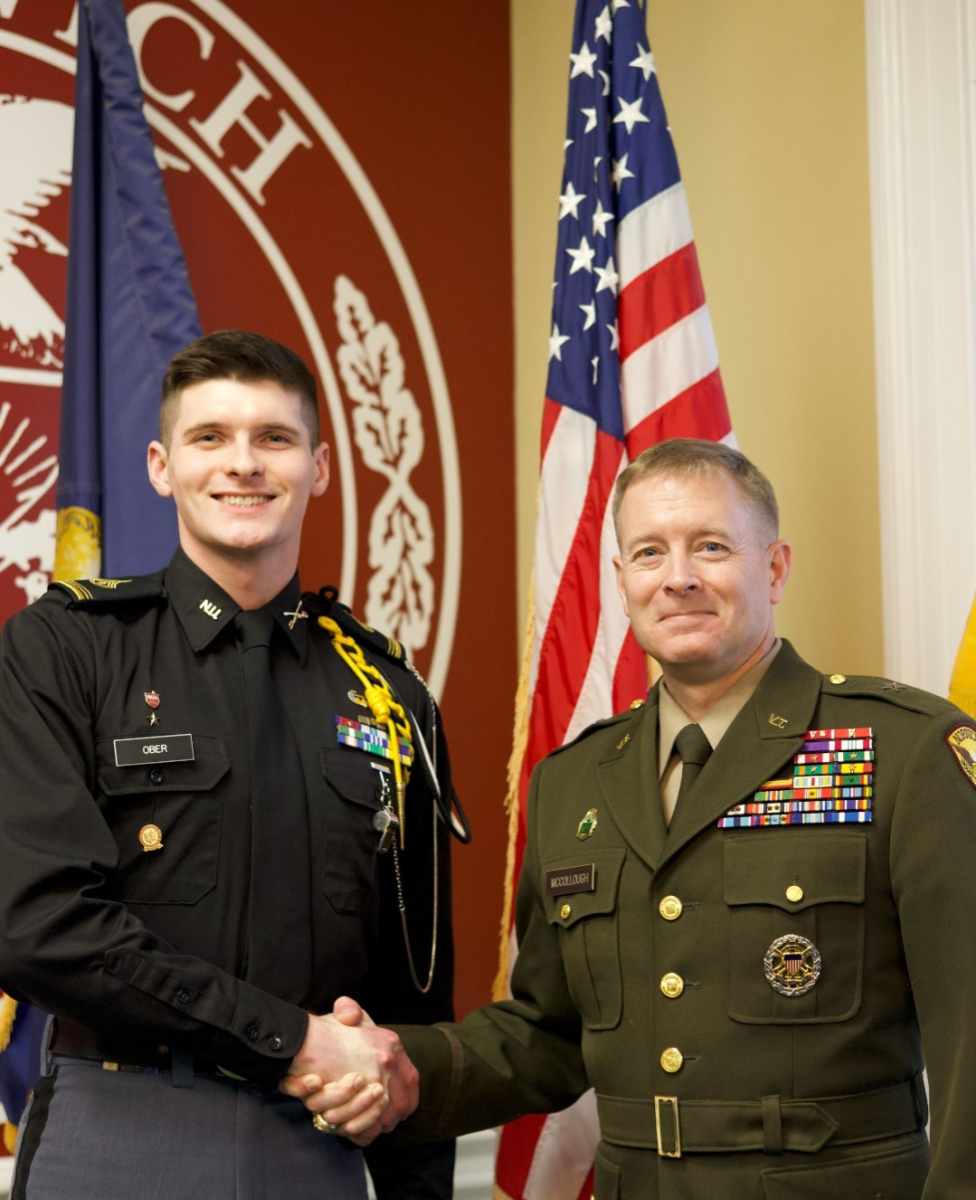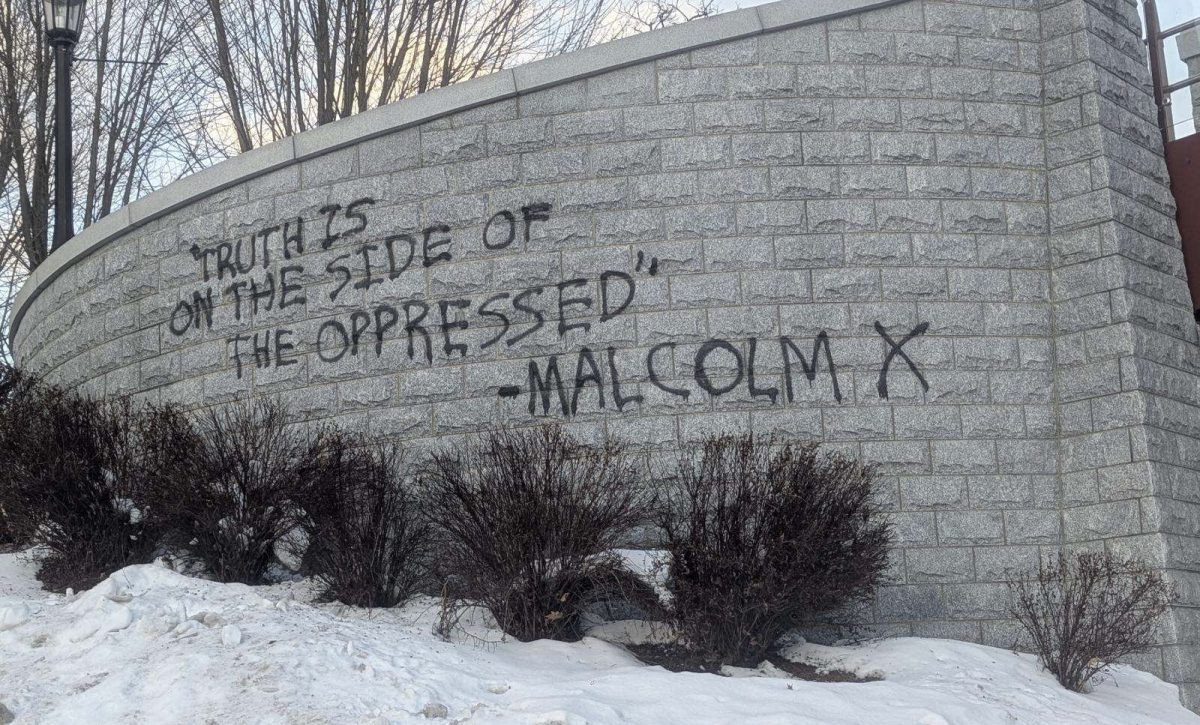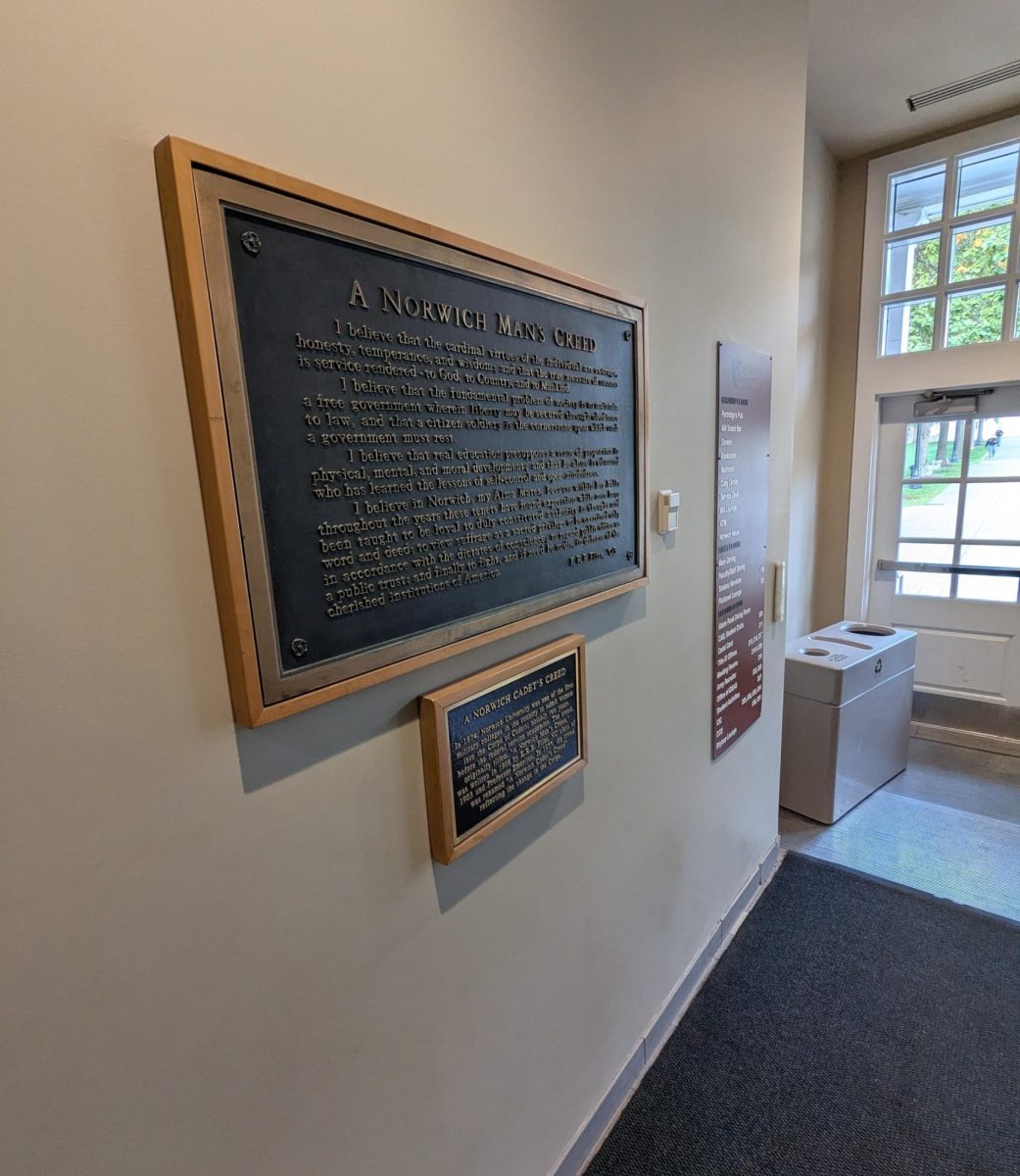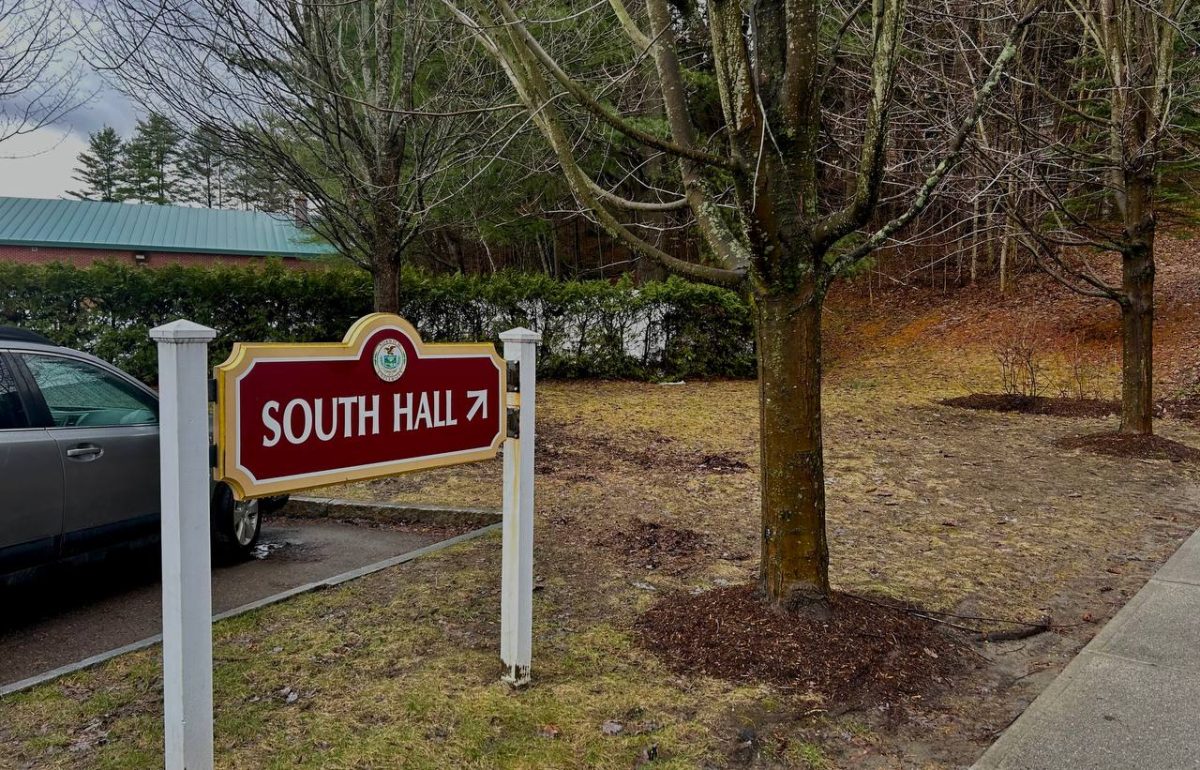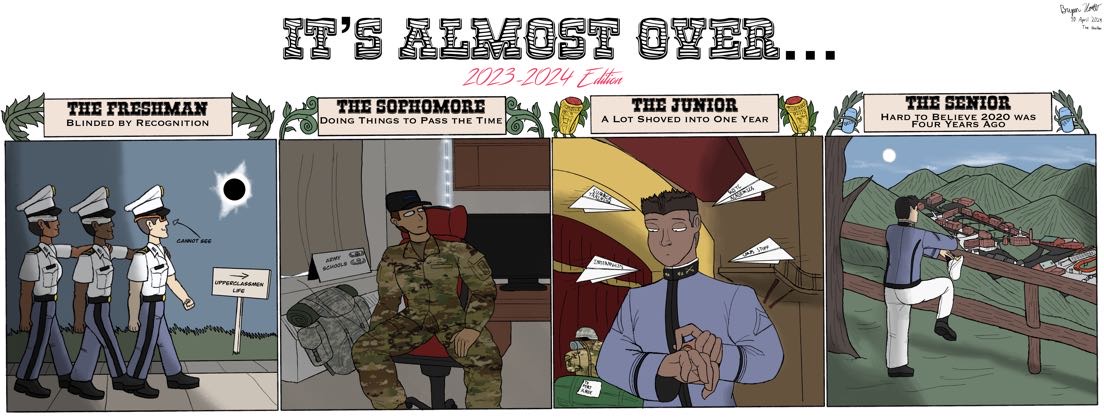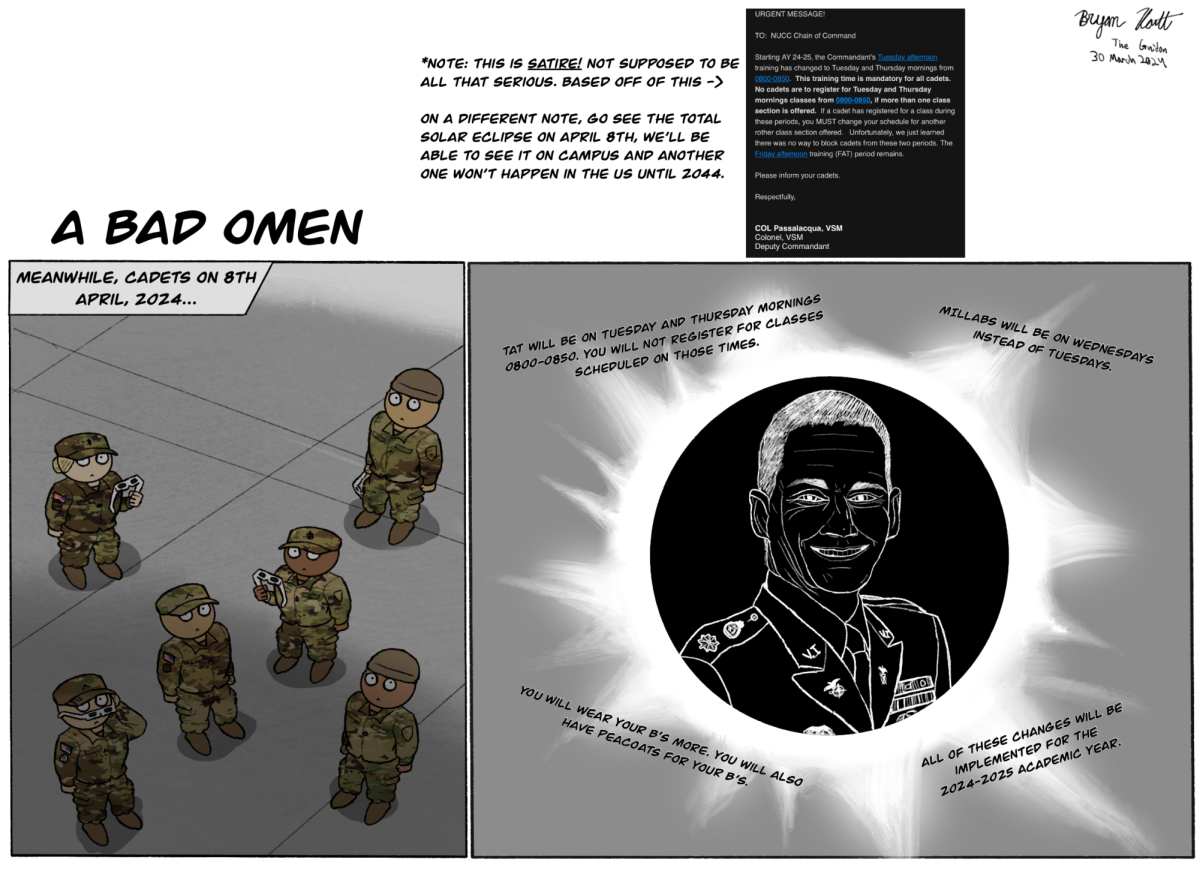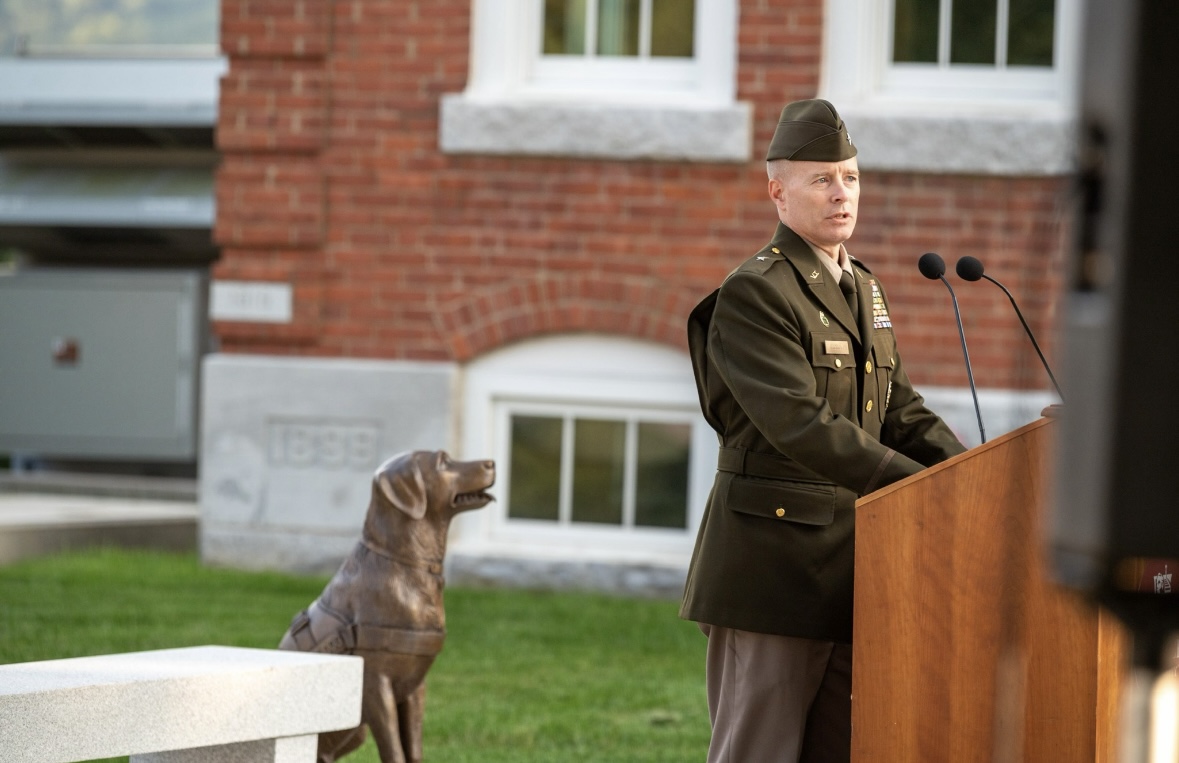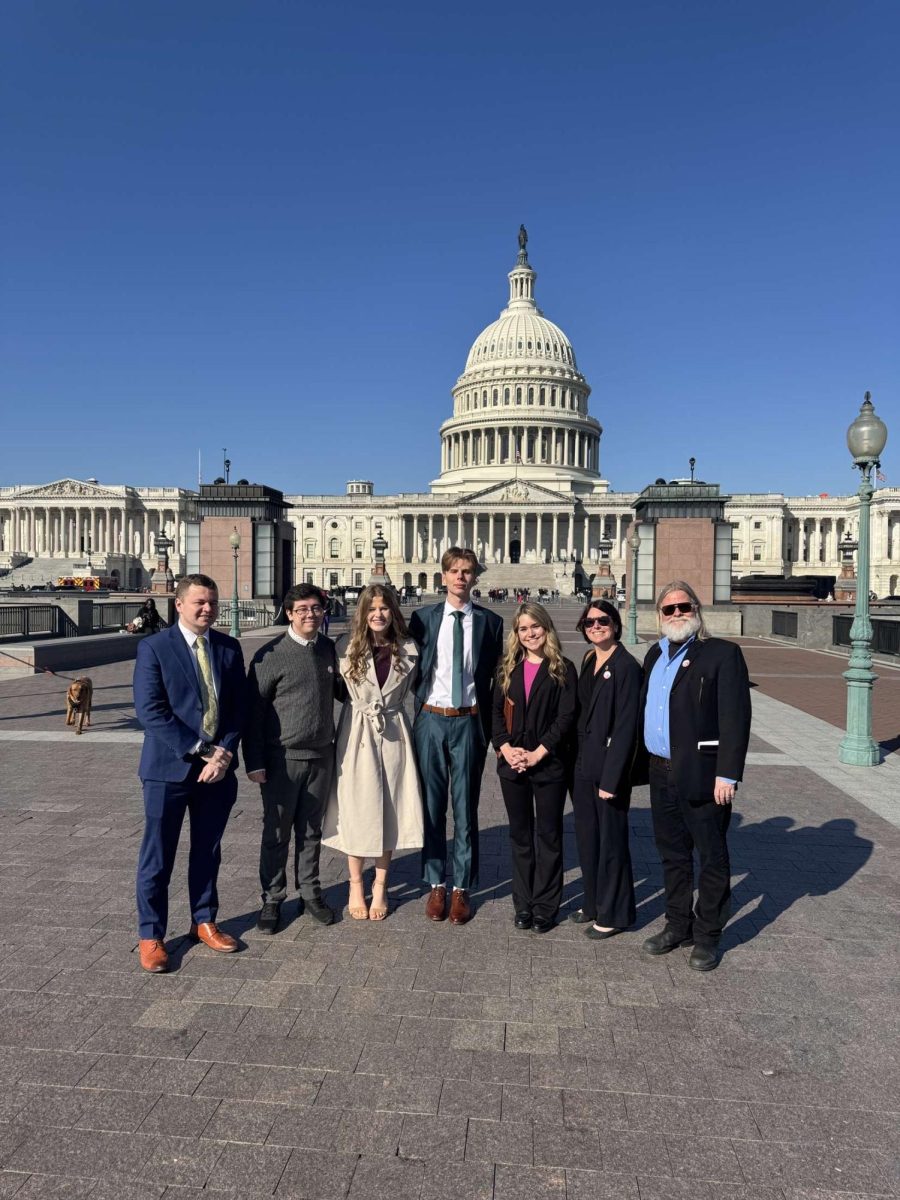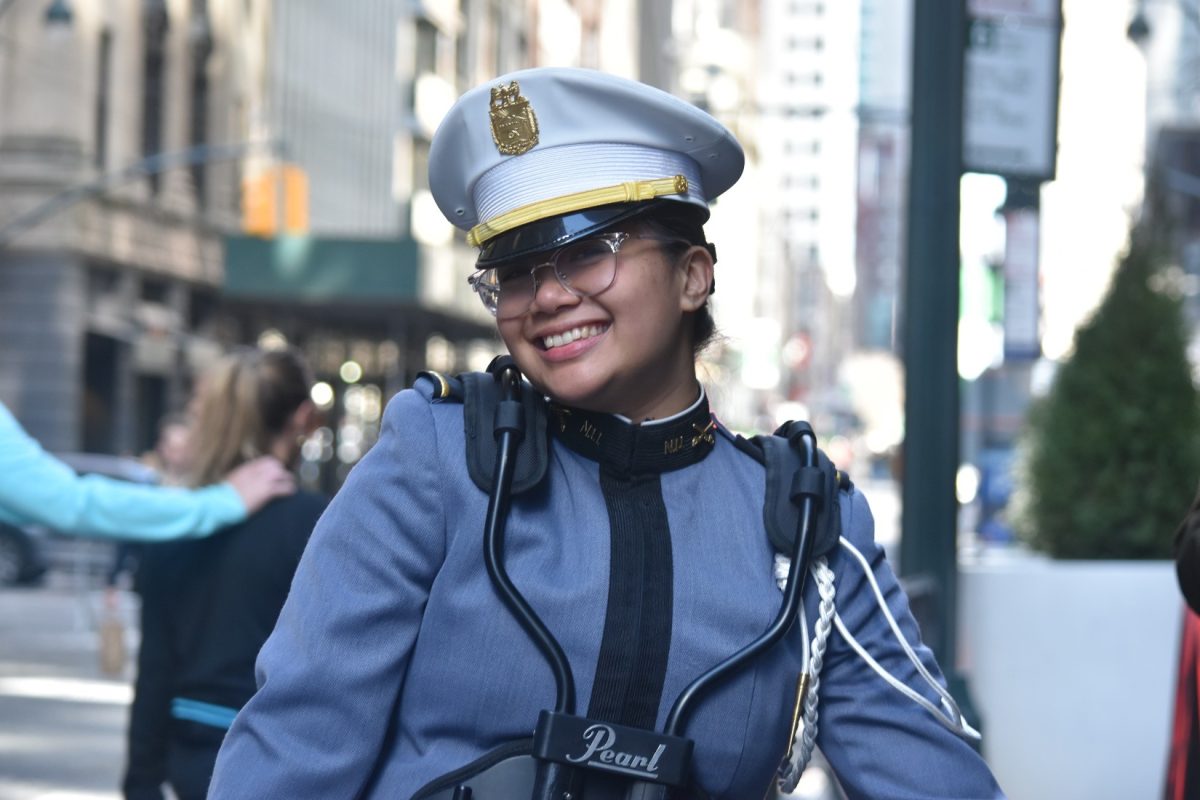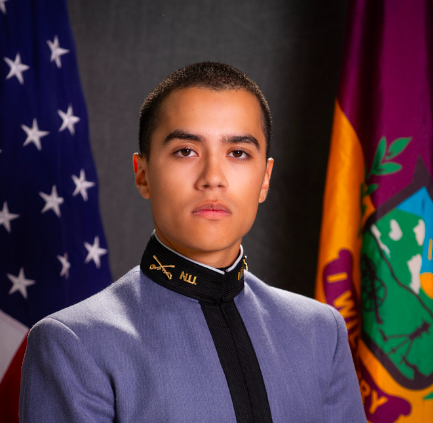At its core, sexual assault and violence harm and demean an individual like nearly nothing else, creating the necessity for a lifetime of healing.
While Norwich sometimes seems like a such-knit community, the campus suffers from an epidemic of sexual assault and violence, especially against women. With the University sitting at the nexus of two communities well-known for sexual violence – higher education and the military – against people within their ranks, an already fragile situation about student safety has the ability to become devastating.
According to national figures from the Rape, Abuse, & Incest National Network, women aged 18-24 attending college are three times likelier to experience sexual assault than women in general. Meanwhile, college-aged men attending college are nearly 80% likelier to experience than same-aged non-students. Finally, over 10% of all college students experience sexual assault at some point during their collegiate years.
As evidenced by the previous paragraph, college-attending students alone suffer from a higher risk of sexual assault, with the military aspect of campus adding another danger to Norwich students. Both men and women in uniform suffer from an increased rate of unwanted sexual contact: in 2021, it was more than 8% of servicewomen and 1.5% of servicemen.
A Rand Corporation study entitled “Prevalence of Sexual Assault in the Military” presents several different aspects arguing why individuals living in the military lifestyle have a heightened risk factor of suffering from sexual assault: a workplace heavily dominated by men, experiences with sexual harassment, potential perpetrators being intoxicated, and an entrenched hierarchical system.
Sitting at the cross-section of being a University and providing a military lifestyle option for its students means Norwich students are at a unique risk for sexual assault, which the numbers bear out.
According to annual security reports released by the Public Safety Department, the University saw 59 cases of sexual assault criminal offenses between 2016-2021 and 30 cases of violence against women within the same time period, including domestic abuse, stalking, or dating violence.
Additional records provided by the Title IX office show that within the past three academic years, 273 individuals have reported incidents to the office, ranging from inappropriate comments or being asked out multiple times to discrimination or sexual violence. Of these reports, only 27 were eventually investigated, a roughly 10% investigation rate.
While only investigating 1/10 of reports may seem low, Title IX Coordinator Danielle Slazuis counters that “We have people who report sexual violence that do not want an investigation… we want to make sure that we are respecting a Complainant’s wishes to the fullest extent we possibly can.”
Total reports to the Title IX office increased by six between 2021-2022 and 2022-2023, growing from 102-108. While this would suggest an increase in sexual incidents on campus, Danielle believes it stems from an increased trust between the student body and the office.
“Our reporting numbers and formal investigations are up over the last two years, which is a positive. It does not mean a higher frequency of misconduct, but instead indicates a higher amount of interaction with the office.”
An analysis of figures before and after the COVID-19 pandemic lends credence to Danielle’s point, as 2017 experienced 18 cases of criminal sexual offenses, while both 2020 and 2021 witnessed just five cases apiece. Numbers for 2022 remain unreleased, though Acting Public Safety Chief Andy Sumner stated that “the annual security report is currently at the printers and will be ready for distribution by the end of the month.”
While statistics certainly shed light on the issue of sexual assault on campus, it is impossible to determine exact figures on how many cases of sexual assault or sexual violence occur, as many incidents are not reported to campus authorities.
While many students might consider SGA as either ineffective or unresponsive to the needs of students, the Student Government has taken several steps to address the situation on campus, though questions remain over whether more needs to be done
Last year, successful legislation sponsored by former Sen. Hannah Kolb requested that the Title IX Office provide increased sexual assault prevention training during orientation. Additionally, several Senate and former President Keegen Coulter’s staff members conducted active bystander training from Danielle, learning how to protect peers and other students.
Current Senate chairperson Hector Aponte pushed for additional conversations on the issue, saying that he believes there may be a role for SGA on this issue.
“I believe Norwich should be a community where all students feel safe and welcomed. I believe the SGA should have some conversations about how we can foster the environment for students to feel comfortable coming forward with any concerns or issues they may experience without fear or hesitation. That may originate from SGA legislation or administrative meetings, but I do believe those conversations should occur nonetheless.”
